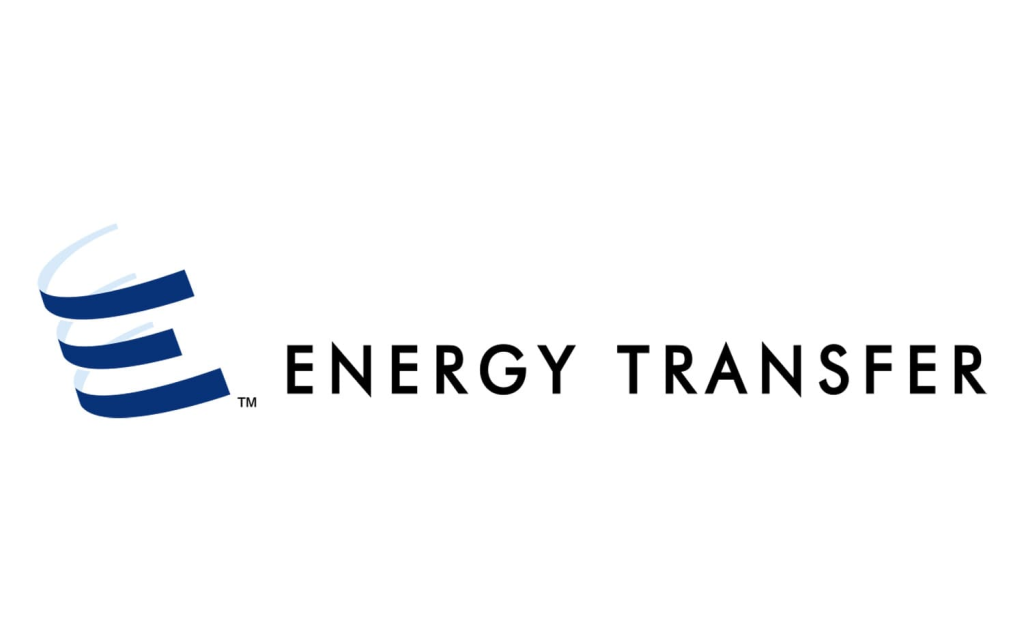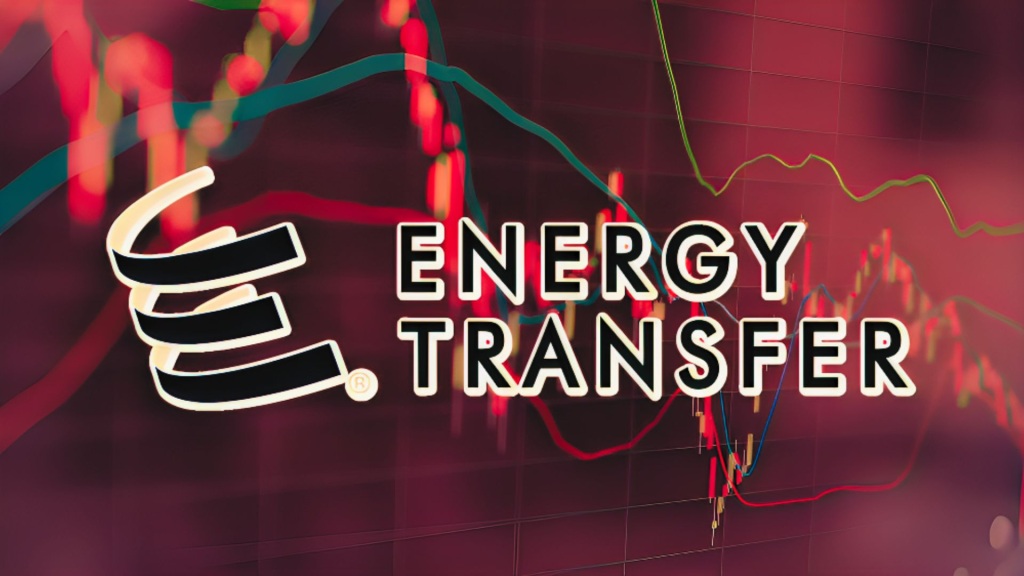
Energy Transfer LP is a leading midstream energy company in North America. They operate an extensive network of pipelines and associated energy infrastructure, transporting natural gas, crude oil, natural gas liquids (NGLs), and refined products across the United States. Their mission emphasizes delivering safe, reliable, and efficient energy solutions to meet customer needs.
What are the selection and Interview process of Energy Transfer?
Selection and Interview Process at Energy Transfer
The selection process at Energy Transfer can vary depending on the specific role and location, but generally follows these steps:
1. Application: Submit your resume and cover letter online through their careers website, highlighting relevant skills and experiences.
2. Online Assessments (Optional): You might encounter online assessments to test basic skills, job-related abilities, or participate in a pre-recorded video interview through HireVue.
3. Phone/Video Interview (Initial Screening): If your application aligns with the position, a recruiter or hiring manager might contact you for a phone or video interview to discuss your qualifications and interest further.
4. In-Person Interview (Final Round): Shortlisted candidates may be invited for an in-person interview with the hiring manager, team members, or even senior leaders. This stage might involve a mix of behavioral, technical, and situational questions to assess your expertise, problem-solving abilities, and cultural fit.
Tips:
- Research Energy Transfer’s mission, values, and current initiatives. Demonstrating your knowledge and alignment with the company can be advantageous.
- Highlight relevant skills and experience in your resume and cover letter, showcasing your ability to contribute to the specific role.
- Prepare for common interview questions using the STAR method (Situation, Task, Action, Result) to effectively describe past experiences and achievements.
Remember, being well-prepared, showcasing your relevant skills and experience, and expressing enthusiasm for Energy Transfer’s mission can significantly boost your chances of success in the selection process.
How many rounds of interview conducted in Energy Transfer?
The exact number of interview rounds at Energy Transfer can vary depending on the specific role and the hiring process for that particular position. However, the interview process will likely include at least two rounds:
- 1. Phone/Video Interview (Initial Screening): A recruiter or hiring manager will conduct a preliminary conversation to determine if your basic qualifications and interests align with the position.
- 2. In-Person Interview (Final Round): This is usually the final round where you might have one or multiple interviews with the hiring manager, team members, or potentially higher-level individuals within the company.
Here’s why there could be more than two rounds:
- Technical Positions: You might have additional technical assessments or interviews to evaluate your expertise in-depth.
- Senior Roles: Senior-level positions might involve a longer and more thorough interview process with multiple rounds and decision-makers.
If you want a definite answer for a specific position you’re interested in, it’s always best to contact the recruiter or hiring manager directly to inquire about the expected interview process.
What is the salary for freshers in Energy Transfer?

Determining the exact salary for freshers at Energy Transfer is difficult due to several factors:
1. Location: Salaries can vary significantly based on the location of the position due to factors like cost of living and local job market competition. Energy Transfer has operations across multiple states, potentially leading to varying salary ranges.
2. Roles and Responsibilities: Energy Transfer offers diverse roles ranging from field technicians and engineers to administrative and finance positions. These roles will have different salary ranges based on skill requirements and expectations.
3. Individual Experience: While being a fresher, any relevant internships, specialized skills, or projects you’ve undertaken can potentially influence your starting salary.
Here’s how you can get better estimates:
- Job Boards: Websites like Glassdoor, and Salary.com allow you to search for specific positions at Energy Transfer. While these might include reports from current and former employees, treat them as general estimates, not guarantees.
- Energy Transfer Careers Website: Explore the careers section on Energy Transfer’s website to see if any entry-level job postings mention salary ranges within the descriptions.
- Networking: If possible, try to connect with current or former Energy Transfer employees through platforms like LinkedIn. They could give you more tailored insights into what freshers can typically expect.
Important to Note:
Energy Transfer is a large corporation, and the factors mentioned above can create significant variations in salaries for freshers. Do your research to get a general idea, but be prepared to negotiate your salary based on your specific skills, location, and the role you’re applying for.
Top questions Asked for freshers in Energy Transfer
Here’s a breakdown of common questions freshers might encounter during an Energy Transfer interview, along with tips on how to prepare:
General Experience & Skills:
- Tell me about yourself and your interest in this role. (Practice a concise and focused introduction that highlights your relevant skills and interest in the energy industry)
- What are your greatest strengths and weaknesses? (Show self-awareness; frame weaknesses as areas of development)
- Describe a time you faced a challenging situation and how you overcame it. (Focus on problem-solving skills, adaptability, and resilience)
- Tell us about a time you had to work effectively in a team. (Highlight your collaborative abilities, communication style, and how you contribute to a team’s success)
Energy Transfer Specific:
- Why do you want to work at Energy Transfer? (Show your research on the company, its projects, and how its mission aligns with your interests)
- Do you have any familiarity with the energy industry or our specific operations? (Even without direct experience, demonstrate your interest in learning and contributing to the sector)
- What is your understanding of pipeline safety and regulations? (Energy Transfer emphasizes safety; demonstrate your awareness of the importance of safety protocols)
Technical Questions (depending on the role):
- Basic engineering or technical concepts: Questions may relate to your field of study or the specific role (engineering, operations, etc.). Brush up on relevant fundamentals.
- Troubleshooting scenarios: Expect questions on how you would diagnose and address potential problems with equipment, processes, or safety issues.
Behavioral and Situational Questions (using STAR method – Situation, Task, Action, Result):
- Describe a time you had to adapt to a change in a project or task. How did you handle it? (Shows flexibility and willingness to learn)
- Discuss a situation when you went above and beyond to meet a deadline or deliver excellent results. (Demonstrates initiative, work ethic, and commitment)
- Tell us about a time you made a mistake or faced a setback. What did you learn from it? (Shows ability to take accountability and grow from failures)
Tips:
- Research Energy Transfer: Visit the company website, read press releases, and news articles to understand their current operations, projects, and values.
- Prepare examples using the STAR method: Have real-life scenarios ready that illustrate your skills, ideally showcasing your passion for the energy industry or technical competency
- Emphasize safety consciousness: The energy sector prioritizes safety procedures. Show that you possess a responsible attitude.
- Ask insightful questions: Demonstrate your enthusiasm by preparing questions about the role, the team, or Energy Transfer’s future projects.
Specific questions will depend on the exact position you’re applying to. By preparing for these general themes and tailoring your answers to Energy Transfer, you’ll increase your chances of a successful interview and landing a fulfilling role.
How to apply for job in Energy Transfer?

Here’s a step-by-step guide on how to apply for a job at Energy Transfer:
1. Explore Open Positions:
- Energy Transfer Careers Website: Start your search on their official careers website. You can browse current openings, filter by job category, location, and keywords.
- Job Boards: Check out general job boards like Indeed, LinkedIn, Monster, and Glassdoor to find any additional Energy Transfer listings.
2. Prepare Your Application Materials:
- Resume: Create or update your resume to highlight the most relevant skills and experiences for the positions you’re interested in. Include keywords from the job descriptions to help your resume stand out.
- Cover Letter: Tailor a cover letter for each job you apply to. Explain why you’re interested in Energy Transfer, how your skills align with the requirements, and add value to the company.
3. Submit Your Application:
- Energy Transfer Careers Portal: Follow the online application instructions on their website. Carefully fill out all required fields, and attach your resume and cover letter. Some positions might have additional questions or requirements.
- Referrals: If you know anyone working at Energy Transfer, ask for a referral. This can significantly increase your visibility.
4. Follow Up (Optional): After a week or two, you can follow up with a polite email to the recruiter or hiring manager, reiterating your interest in the position.
Tips:
- Research Energy Transfer: Familiarize yourself with their business sectors, projects, values, and company culture before submitting your application.
- Network: Check LinkedIn to see if you have any connections at Energy Transfer. If so, reach out and ask for insights about available opportunities. Sometimes you might find unadvertised roles through networking.
- Proofread Carefully: Double-check your resume, cover letter, and application for any errors before submitting.
Remember, a well-crafted application that aligns your skills with the specific job requirements is crucial to increase your chances of getting an interview. Good luck with your job search!
- Mutual of Omaha: Selection and Interview process, Questions/Answers - April 15, 2024
- AES: Selection and Interview process, Questions/Answers - April 15, 2024
- Amphenol: Selection and Interview process, Questions/Answers - April 15, 2024

